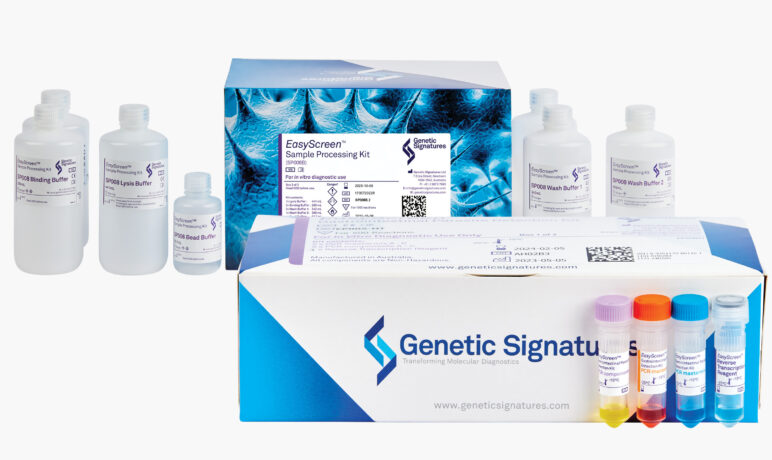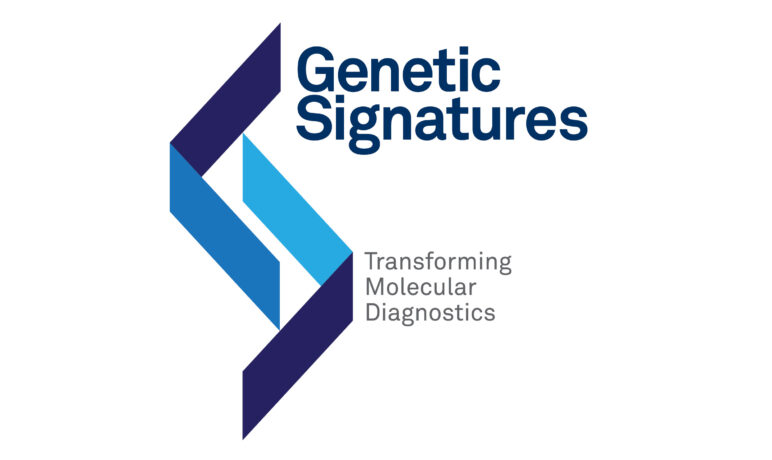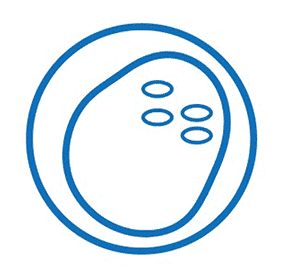Cryptosporidium is a protozoan with worldwide distribution that infects a wide variety of species, including humans and animals. Thirty-eight individual species of Cryptosporidium have been characterised, including more than 60 genotypes [1]. Cryptosporidium hominis and C. parvum are most commonly found to cause illness in humans and are attributed to >90% of infections [2].
Responsible for causing cryptosporidiosis, Cryptosporidium has been ranked as the sixth most important food-borne parasite globally. Human to human as well as animal to human transmissions have also been documented [3].
Cryptosporidiosis is prevalent globally. In the United States, cryptosporidiosis is a nationally reported disease, with an estimated 823,000 cases annually. Approximately 9.9% of these cases are attributed to international travel. The demographic group with the highest reported rates of cryptosporidiosis comprises young children under 5 years old and their caregivers. [2]
The disease burden in both developed and developing countries is likely to be underestimated partly due to the large number of asymptomatic or self-limiting cases, lack of newer diagnostic methods resulting in the reliance on microscopy for routine detection, which is associated with low specificity and sensitivity [4].
Cryptosporidium: Symptoms, prevention & treatment
Patients infected with Cryptosporidium can experience a wide range of symptoms.
Cryptosporidium laboratory diagnosis
Learn more about the challenges of traditional diagnostic techniques for detecting Cryptosporidium and the benefits of molecular testing.
Genetic Signatures' molecular solution for GI parasite testing
A comprehensive FDA 510(k) cleared molecular solution for detecting gastrointestinal parasites.
Syndromic testing for 8 gastrointestinal parasites in a single test
Up to 60 patients screened in a single, automated workflow...with same day reporting!

Find out more about our unique 3base™ solution for detecting gastrointestinal parasites
Click to learn more about the parasites we detect
More Information
References
- Gibson AR, Striepen B. Cryptosporidium. Curr Biol. 2018 Mar 5;28(5):R193-R194. doi: 10.1016/j.cub.2017.11.070. PMID: 29510102.
- https://wwwnc.cdc.gov/travel/yellowbook/2024/infections-diseases/cryptosporidiosis
- Mohebali M, Yimam Y, Woreta A. Cryptosporidium infection among people living with HIV/AIDS in Ethiopia: a systematic review and meta-analysis. Pathog Glob Health. 2020 May 18;114(4):183-193. doi: 10.1080/20477724.2020.1746888. Epub 2020 Apr 3. PMID: 32242508; PMCID: PMC7448945.
- Bouzid M, Kintz E, Hunter PR. Risk factors for Cryptosporidium infection in low- and middle-income countries: A systematic review and meta-analysis. PLoS Negl Trop Dis. 2018 Jun 7;12(6):e0006553. doi: 10.1371/journal.pntd.0006553. PMID: 29879110; PMCID: PMC6014672.











